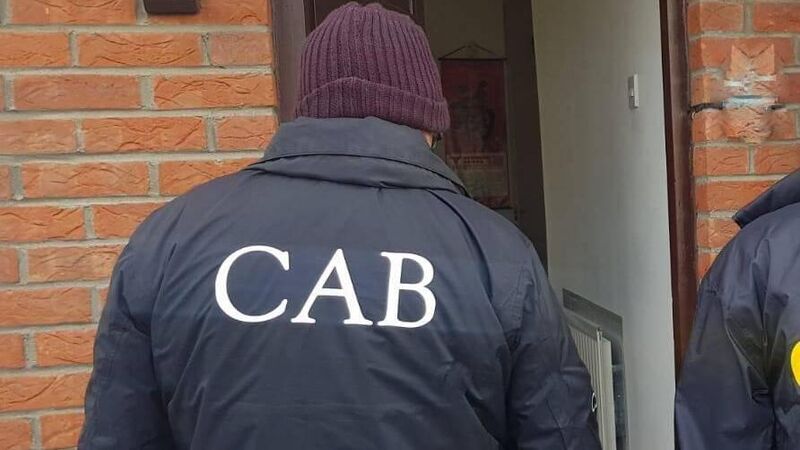CAB raises doubts over proposed new 'Magnitsky law' aiming to seize assets of human rights abusers

Speaking at the Oireachtas justice committee, a representative of the Criminal Assets Bureau said the bill presupposes the existence of an 'identifiable category of assets'.
The Criminal Assets Bureau has identified problems with implementing proposed new laws seeking to seize assets linked to human rights abusers.
The Proceeds of Crime (Gross Human Rights Abuses) Bill 2020 was introduced by Labour TD Brendan Howlin as a means of seizing the assets of Russian individuals linked to human rights abuses in Ukraine.











